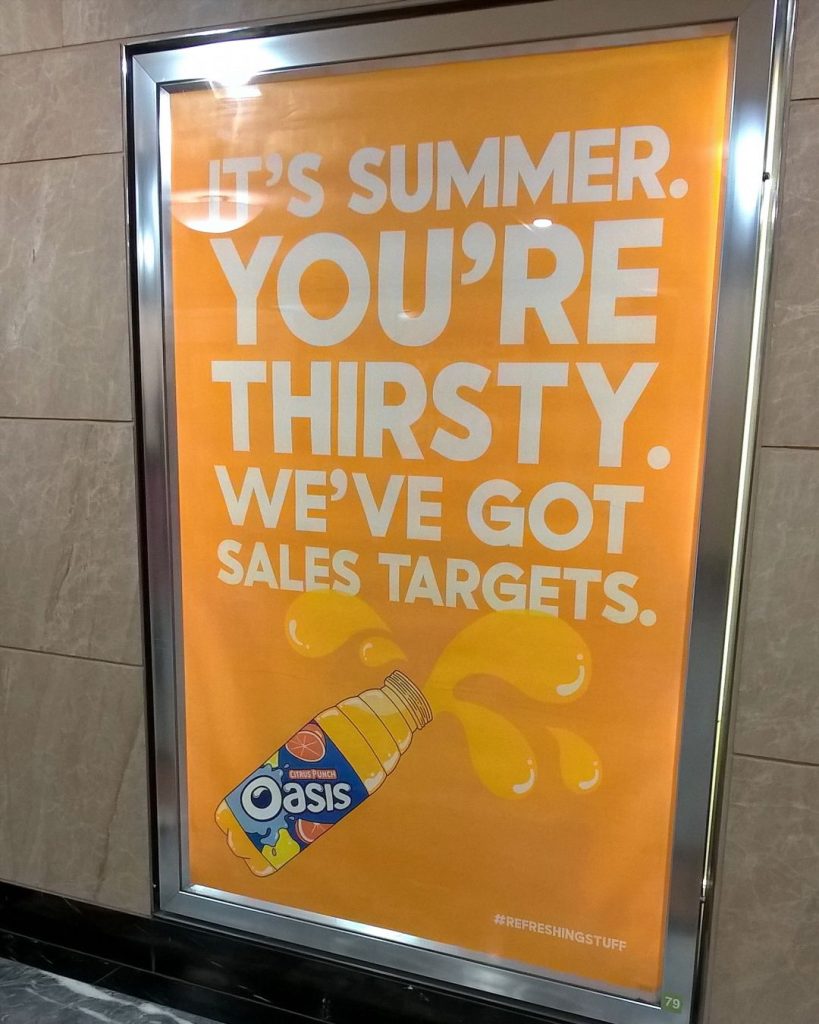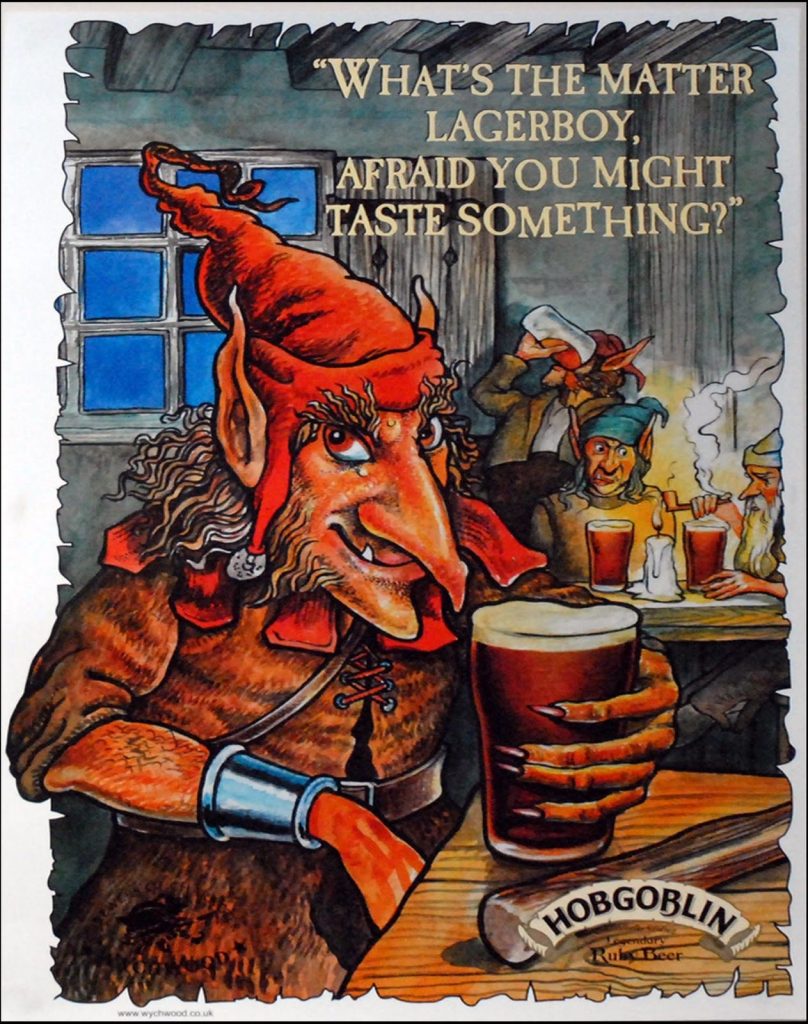I’m not really a joiner at heart, but back in the late seventies I was a member of the Labour Party, and I helped as a canvasser and teller in the 1979 election, (which famously Labour lost).
One thing stayed with me from that experience. As a teller outside the polling station, checking off people’s names as they turned up to vote, I was sitting with the tellers of the other parties, Tory and Liberal, and we chatted to each other, and even occasionally helped one another out if one of us had somehow missed a voter’s name. It occurred to me that this was pretty remarkable. We didn’t agree with each other but we accepted each other’s humanity and right to be there, when for most of history, and in most countries in the world, factions resorted to violence to get their way, and, if they succeeded in taking power, used torture, murder, imprisonment and censorship to suppress their rivals. This struck me as something precious, and much more important than the actual outcome of the election, important though that also was: a system of government that relied on consent.
I should not delude myself. What now, looking back, can seem like a golden age, really wasn’t. In the middle of the twentieth century, industrialised nations like Britain were still taking advantage of a massive head start in the world economy resulting in large part from the imperial system, in which most of Asia and Africa was run by European powers, or America, in a way that was rigged for their own benefit.
India had only been independent for 31 years at the time of that election, many African countries for considerably less, and in some cases only after brutal wars. (Algeria, for instance, had only won its independence 15 years previously after an ugly war with France that may have killed up to a million people.) In fact Britain had only been a democracy at all for less than twenty years unless you chose to discount all the subject peoples, outnumbering its own population, that Britain ruled over whether they wanted it or not, imprisoning those who challenged its rule. (‘The overwhelming bulk of the British proletariat,’ George Orwell had pointed out in 1939, ‘resides not in Britain but in Africa and Asia’).
And even in 1979, when Britain had shed most of its empire, its democracy was still bolstered by the prosperity that the empire had brought. Democracy is much easier when there’s prosperity -it’s hard to win people’s consent when most of them are living in poverty- and our prosperity been built on top of a tower of tyranny, from which we were still benefitting, and still do benefit now, though progressively less and less.
So that peaceful tolerant scene outside the ballot box wasn’t quite what it seemed. But still, what a lovely dream it was! A world that didn’t work by violence.
These days, polls show increasing numbers of people saying that liberal democracy doesn’t work and they’d prefer a strong leader who doesn’t need to answer to an electorate. America has effectively said so through the ballot box and many other countries are heading the same way. Across the world, large numbers of countries have never had democracy, or have had it and lost it already.
Democracy is disappointing if things aren’t going well. When we were children, my sisters and I used to discuss elaborate games of let’s pretend – we were a family of explorers in the Amazon, I was the dad, one of my sisters was the mum, another was the dog, another was a deaf-blind child etc etc – but once we’d set up the game, it was kind of done, and we never actually played it. Democracy can end up being a bit like that. One party lays out a set of policies and ideas which it says are going to solve our problems, but they never really happen (think of David Cameron’s Big Society) -or if they do happen, they don’t work in the way they were supposed to, or don’t happen quickly enough to fit into the electoral cycle – and then we chuck that party out, and the other party discards whatever’s left of its set of ideas and introduces its own, which also do not happen, or don’t work, or don’t work quickly enough.
And meanwhile things keep chuntering on in much the same way regardless, except that these days they seem for most people to be steadily getting just a bit more shitty all the time. You just lose interest after a while. You get cynical. You start wondering about alternatives. And there’s no denying that there are some advantages in a system where a single regime can carry out its programme over a long period of time without always having to think about short-term popularity.
The thing is though, that there has to be some way to determine who gets to be in charge, and if it’s not a ballot, what is it? If you look at dictatorships around the world, the mechanism is always some combination of violence and bribery. You eliminate rivals, you buy the acquiesence of as many people as you can, either with money and material assets or with non-material benefits such as enemies they can hate- and you repress the others. The most ruthless player wins.
We are heading back to the brutal world of rule by competing barons, by powerful thugs, jockeying with each other for position. Many countries never left it. But this time it’s barons with the internet, AI, satellites, drones and nuclear weapons.


